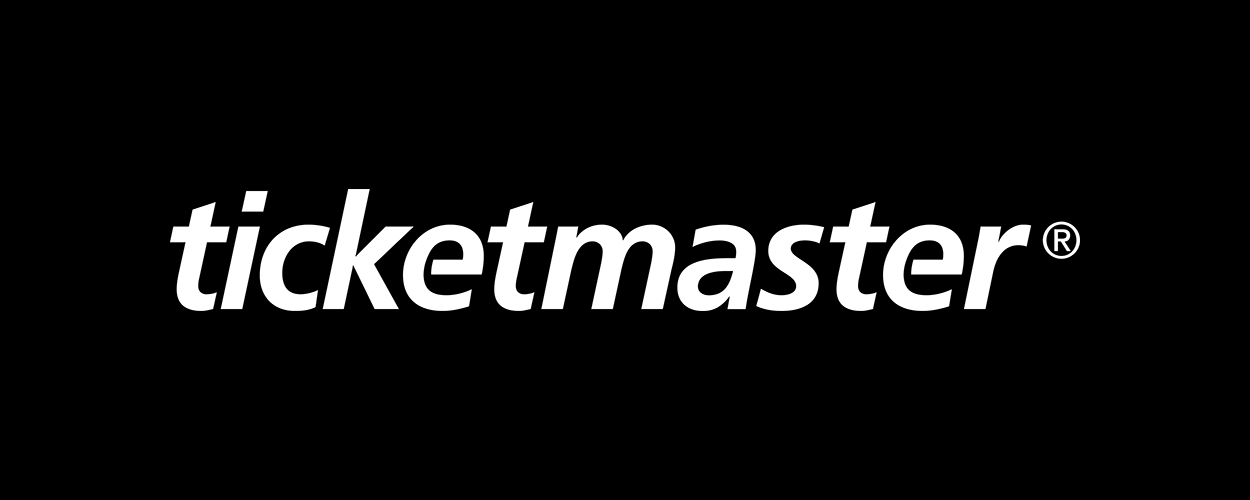This website uses cookies so that we can provide you with the best user experience possible. Cookie information is stored in your browser and performs functions such as recognising you when you return to our website and helping our team to understand which sections of the website you find most interesting and useful.
Business News Legal Live Business
US Ninth Circuit court says Ticketmaster’s arbitration term is binding on ticket-buyers
By Chris Cooke | Published on Tuesday 14 February 2023

The US Ninth Circuit appeals court has upheld a decision that aggrieved Ticketmaster customers are obliged to take their grievances to arbitration rather than suing through a court of law.
There have been a number of lawsuits against the Live Nation ticketing company in the US, over things like refunds and allegations of anti-competitive conduct, where Ticketmaster has argued that plaintiffs are obliged to go the arbitration route.
That approach means that any one customer’s complaints get discussed in private before an independent arbitrator selected by the ticketing firm.
The argument that the customer must take their complaints to arbitration is based on the terms and conditions on the Ticketmaster website, which state that that is how any disputes between the ticketing firm and the customer will be dealt with.
Various plaintiffs and legal teams have tried to counter that argument by claiming that Ticketmaster’s terms and conditions are verbose, unclear and/or hidden, and therefore the customer shouldn’t be bound by the arbitration term.
However, those counter arguments have generally failed in court, including in a case filed with a district court in California in 2020. Ruling the following year, the judge in that case – George H Wu – concluded that Ticketmaster’s terms were sufficiently clear to be binding on the customer.
The plaintiffs took their dispute to the Ninth Circuit last year, but it has now affirmed the lower court ruling that Ticketmaster’s terms “constituted a valid agreement between the parties and that the requirements for mutual assent were met”.
In its ruling, the Ninth Circuit writes: “The panel held that an enforceable agreement may be found where a website provides reasonably conspicuous notice of the terms to which the consumer will be bound; and the consumer takes some action, such as clicking a button or checking a box, that unambiguously manifests his or her assent to those terms”.
“The panel held that [Ticketmaster’s] terms of use met this standard”, it adds. “[Its] website contained features sufficient to provide reasonably conspicuous notice of the terms because the terms were marked in bright blue font and distinguished from the rest of the text, and the notices were located directly on top of or below the action button at each of three independent stages that a user was required to complete before purchasing tickets”.
Not only that, but “the notices at issue explicitly alerted the user that by creating an account, signing in or purchasing a ticket, and proceeding to the next page, the user ‘agrees to our terms of use'”.
With all that in mind, “the district court did not err in finding that constructive notice was established as a matter of law”, meaning that the complainants need to take all of their complaints to the arbitrator.





